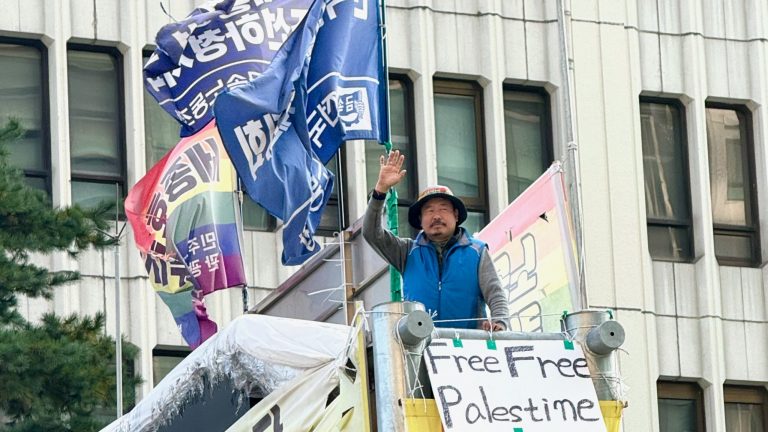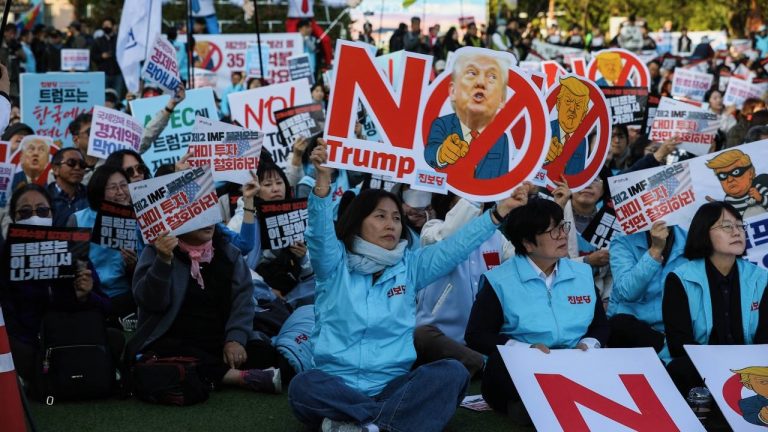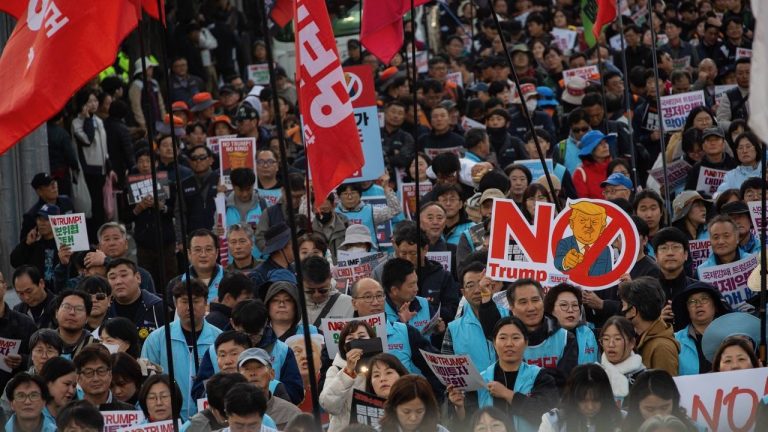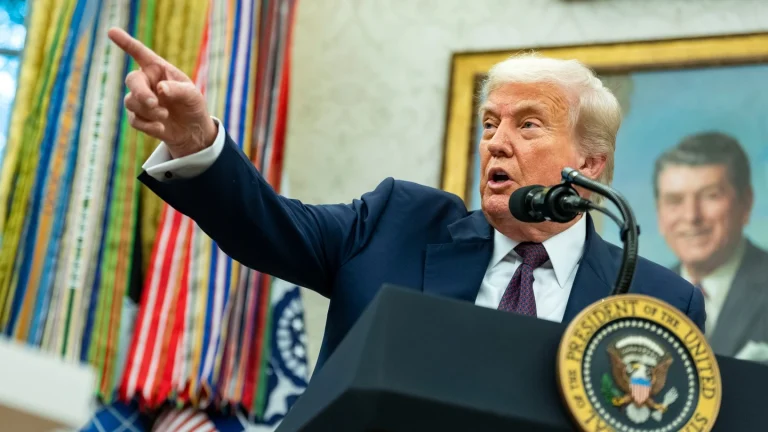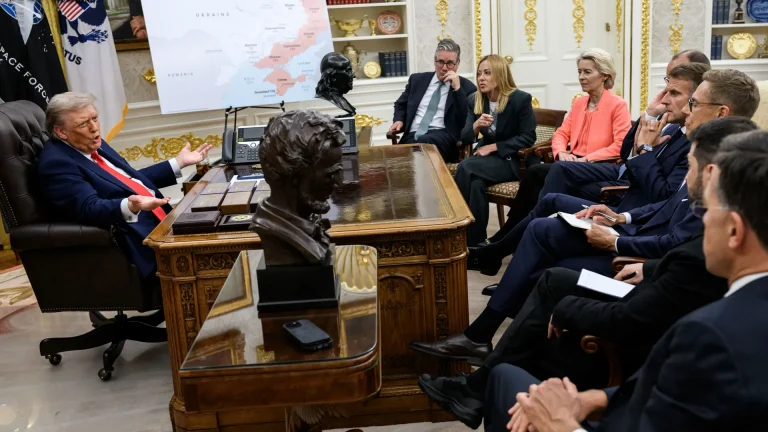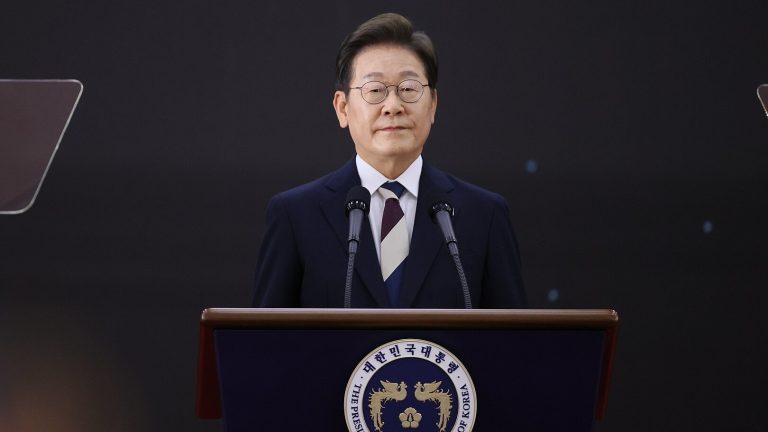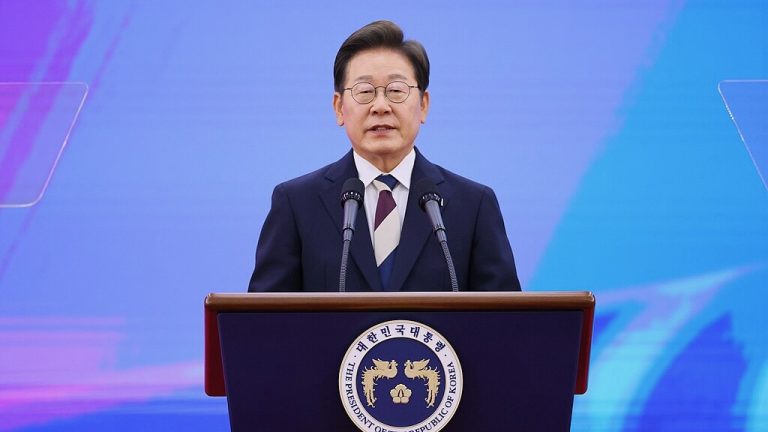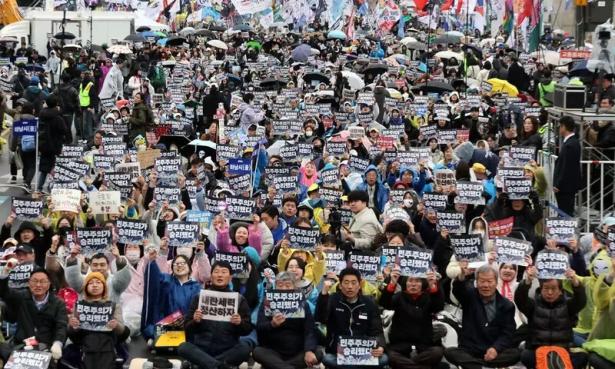A Diary From The Streets Of South Korea
Jinsoo Koh has been living on a rickety metal overpass that sits above Toegye-ro street in Seoul, across from the old Sejong Hotel. He had been up there illegally for 261 days when I met him. I didn’t go up, and nor did he come down. In either case, one of us would have been arrested. So, we spoke via megaphones, the traffic of the street drowning out our words.
Jinsoo worked in the Japanese restaurant of Sejong Hotel as a sashimi chef. During the COVID-19 pandemic, he and 259 workers of the hotel were collectively dismissed, some forced into early retirement. The hotel, whose proprietor also owns Sejong University and other properties, only retained 21 workers and hired subcontracting firms to run the rest of the functions of the hotel with casual workers.

